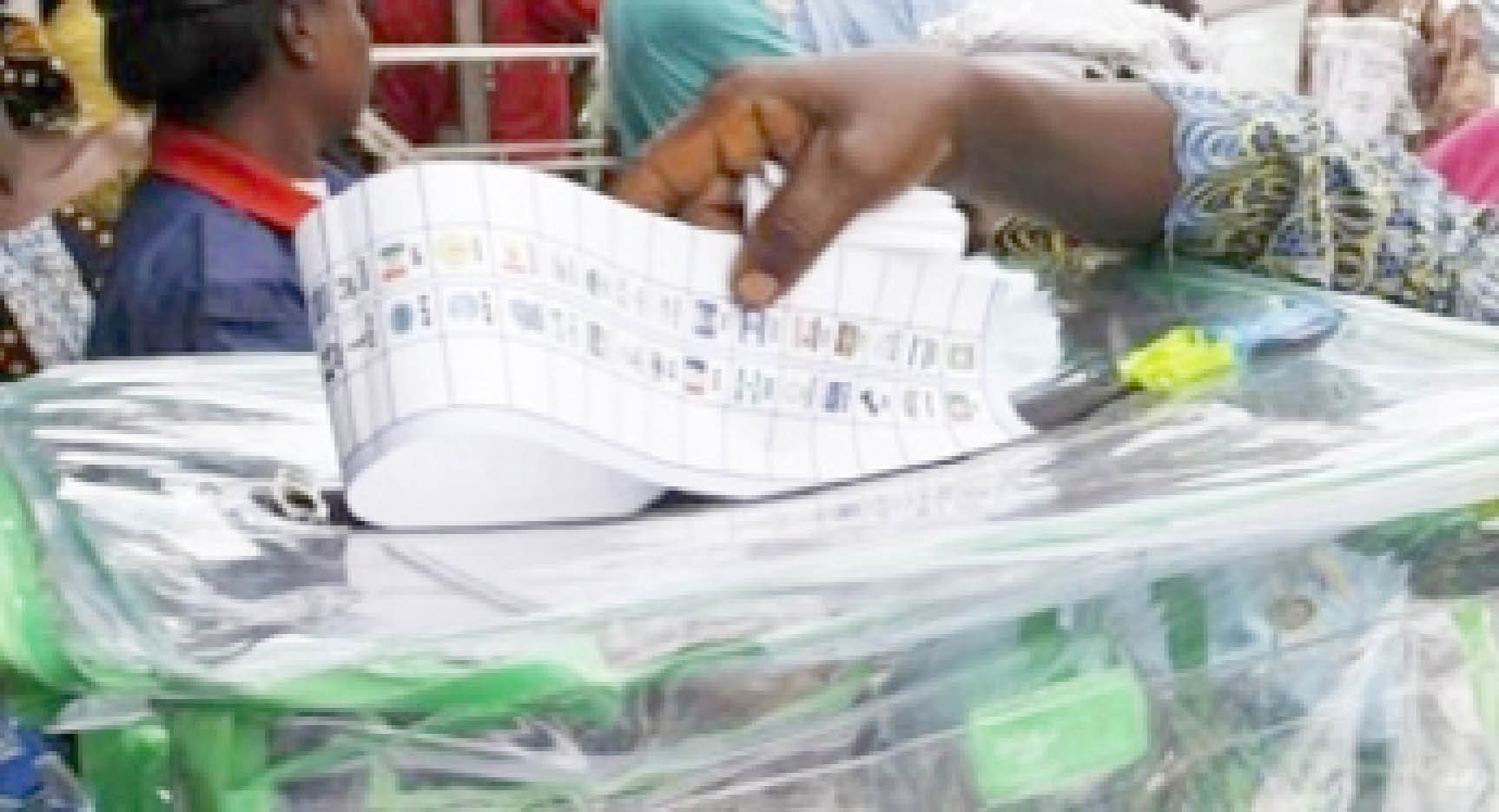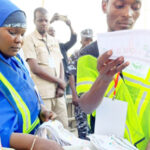With election day fast approaching and as part of preparations for the general elections, the Independent National Electoral Commission (INEC) has announced the voting procedures for the elections coming up in February and March 2023.
The commission disclosed this in a post on its verified Twitter account.
According to a schedule shared by the commission, there are seven procedures to follow on election day.
Let’s take a look at some types and stages of elections in Nigeria.
2023: APC opposing themselves!
Human rights and 2023 elections
What are the types of elections in Nigeria?
Elections are conducted periodically for different offices across the 36 states and the Federal Capital Territory.
The Independent National Electoral Commission (INEC) is set up by the constitution to conduct and supervise elections in the country for the offices of the president, vice president, members of the state houses of assembly, governors, their deputies, and members of the Senate and House of Representatives.
However, there are several stages and activities that happen when conducting elections in Nigeria.
These stages of elections in the country include pre-election, primaries, nominations, and campaigning, among others.
Pre-election stage
This stage involves candidates from political parties presenting their manifestos to the general public. At this stage, all those qualified to vote are expected to register with INEC. Also, the commission announces the date of the election for the process to begin.
Primaries: At this stage, aspirants seeking to run for office undergo screening and stand for the primary elections of their parties, and the winner nominated will compete with the candidates of other political parties in the general elections.
Nomination: Here, each political party nominating a candidate would be the forerunner of the election. The candidate nominated by a party must meet the basic requirements as stipulated by the electoral act, the national constitution, and the INEC guidelines.
Campaigning: At this stage, the political parties and their nominated candidate campaign widely for the support and votes of the general public within the schedule the commission gives for the campaigning period.
They are allowed to take campaigns to different states, media houses, and also on social media.
Other stages include accreditation: Here, INEC regulation states that the method of voting shall be by the BVAS.
Production of ballot papers and polling materials: This stage involves INEC producing ballot papers and other materials to be used to conduct elections effectively.
The subsequent activities are voting, collation and counting of votes, and result declaration.
Before the introduction of the Bimodal Voter Accreditation System (BVAS), the commission had used the Smartcard Reader and the Z-pad for elections. However, the forthcoming elections will be conducted using the BVAS introduced by INEC in 2021.
The BVAS has already been used in some offshore elections.
According to the commission, the introduction of the BVAS is intended to further ensure free and fair elections in the country.
Similarly, INEC had introduced some technologies in the past, including the Permanent Voter Card (PVC), which contained voters’ biometric information in an embedded microchip. It replaced the Temporary Voter Card used in the 2011 general elections.
The commission also deployed electronic card readers with fingerprint scanners for the first time in the 2015 elections.
The card reader displayed the picture of the voter so that poll workers could visually establish the identity of the voter against the card. It allowed for the scanning of fingerprints to check voters’ biometric information contained in the PVC.
What are the voting procedures?
In Nigeria, elections usually take place on Saturdays, and they are carried out based on the Independent National Electoral Commission’s guidelines.
According to the procedures for voting; voting starts at 8:30am. The polling units open from 8am for accreditation and close at 1pm. What this means is that only voters who were in line before 1pm would be accredited.
Eligible voters are expected to vote at the same polling unit they completed their voter registration at or were transferred to by the commission.
An eligible voter must be a citizen of Nigeria, 18 years and above, has registered in the constituency he/she intends to vote, and comes along with the Permanent Voter Card (PVC) on election day.
The next step is presenting the Permanent Voter Card (PVC) for accreditation using the Bimodal Voter Accreditation System (BVAS). The BVAS is an electronic device designed to read the PVC and authenticate voters on election day.
The BVAS enables voter recognition through a biometric verification mechanism, using both fingerprint and facial features.
The device can also capture images of the polling unit result sheet (Form EC8A) and upload the image of the sheet on INEC’s Election Result Viewing platform (IReV).
IReV is an online portal where results from polling units are uploaded, transmitted and published for the public.
The portal also allows members of the public to create personal accounts to gain access to polling units’ results uploaded on the platform as PDF files.
The third step is to check and be sure the voter’s name is on the register of voters in that polling unit. This step has been made easy as registered voters can easily check the status of their registration on the INEC portal, which will also reveal their polling units and all other necessary information.
Following this is getting authenticated with the BVAS through fingerprints of facial recognition.
Once accredited, the voter is issued a ballot paper by the presiding officer, who further explains the voting procedure to the voters. The Presiding Officer also invites all accredited voters to form a single queue for orderliness.
The next step is going to the cubicle where the ballot boxes are. The voter is expected to make a choice in secret, drop the thumb-printed ballot paper in the ballot box, and proceed to the Assistant Presiding Officer 2.
The Assistant Presiding Officer 2 is expected to ink the voter after they drop their ballot paper.
After voting and inking the thumb, the voter can either leave the polling area or stay 300 meters away from the voting area to witness vote sorting and counting.
The Presiding Officer is vested with the power to sort, count, and announce results for their polling unit before submitting them to the appropriate persons.
The upcoming elections are scheduled to take place in February and March. The Presidential and National Assembly elections will hold on Saturday 25, February 2023 and the Governorship and Houses of Assemble elections will be on Saturday 11 March 2023.
However, the commission recently announced that voters who have been moved to new polling units would be notified through text messages.
It added that the new allocations are meant to ease polls and the voting process due to some polling units having a very large population of voters and others having fewer voters.

 Join Daily Trust WhatsApp Community For Quick Access To News and Happenings Around You.
Join Daily Trust WhatsApp Community For Quick Access To News and Happenings Around You.


